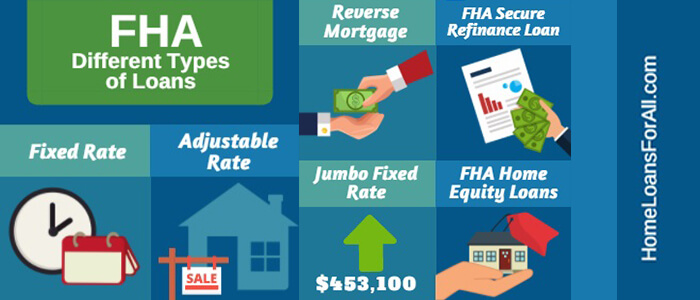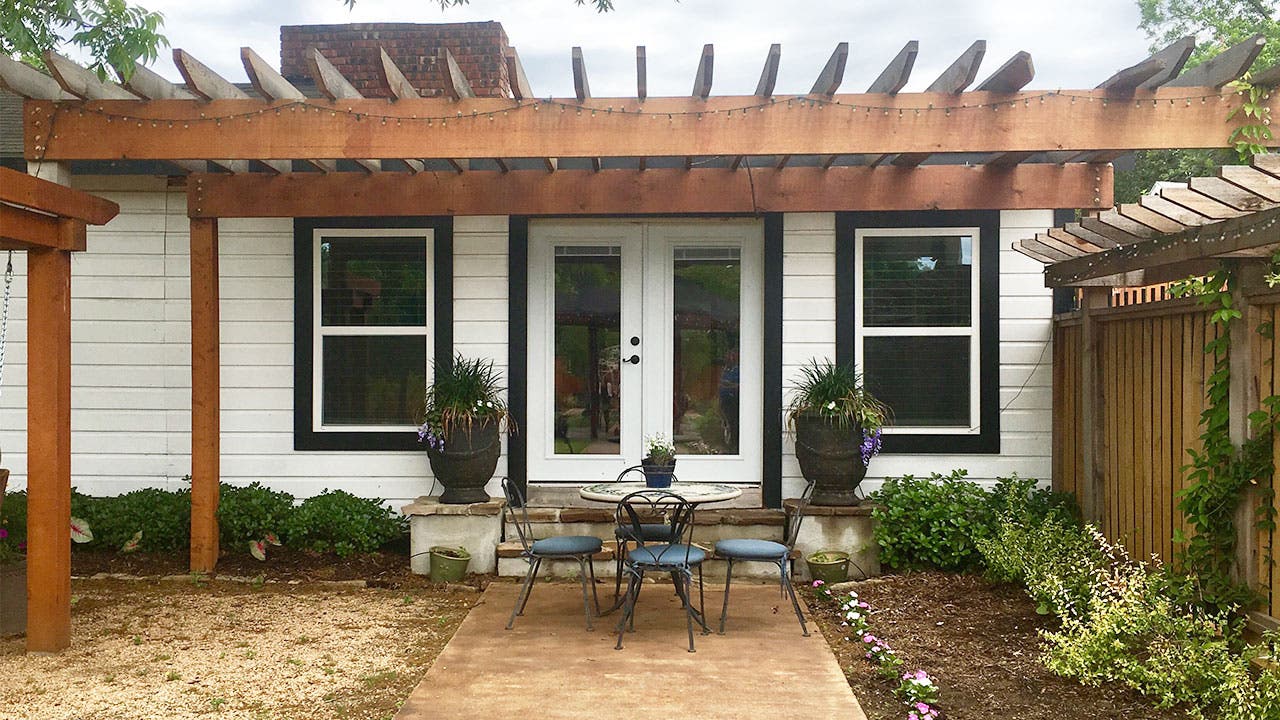Opportunities are, you've seen commercials boasting the benefits of a reverse home loan: "Let your home pay you a regular monthly dream retirement income!" Sounds wonderful, right? These claims make a reverse home loan noise practically too great to be true for senior property owners. But are they? Let's take a more detailed look. A reverse home mortgage is a type of loan that utilizes your house equity to provide the funds for the loan itself.
It's basically a chance for retired people to take advantage of the equity they have actually developed over several years of paying their home loan and turn it into a loan for themselves. A reverse home loan works like a routine mortgage in that you need to use and get authorized for it by a lender.
However with a reverse mortgage, you do not pay on your home's principal like you would with a routine mortgageyou take payments from the equity you've built. You see, the bank is providing you back the cash you have actually currently paid on your house however charging you interest at the same time.
Seems simple enough, right? However here comes the cringeworthy reality: If you die prior to you have actually offered your home, those you leave behind are stuck with two choices. They can either pay off the complete reverse mortgage and all the interest that's stacked up throughout the years, or surrender your house to the bank.
Like other types of mortgages, there are different kinds of reverse home mortgages. While they all generally work the same method, there are three main ones to understand about: The most common reverse mortgage is the Home Equity Conversion Home Mortgage (HECM). HECMs were developed in 1988 to help older Americans make ends meet by permitting them to take advantage of the equity of their houses without needing to leave.
The Ultimate Guide To How Do Lenders Make Money On Reverse Mortgages
Some folks will use it to pay for expenses, getaways, home restorations or perhaps to settle the remaining amount on their routine mortgagewhich is nuts! And the effects can be big. HECM loans are continued a tight leash by the Federal Housing Administration (FHA.) They don't want you to default on your mortgage, so due to the fact that of that, you will not get approved for a reverse mortgage if your house deserves more than a particular quantity.1 And if you do receive an HECM, you'll pay a hefty home loan insurance premium that protects the lender (not you) versus any losses - why do banks sell mortgages to other banks.
They're provided from independently owned or operated business. And because they're not controlled or insured by the government, they can draw homeowners in with pledges of higher loan amountsbut with the catch of much higher rate of interest than those federally guaranteed reverse home loans. They'll even offer reverse home loans that enable house owners to borrow more of their equity or consist of houses that exceed the federal optimum amount.

A single-purpose reverse mortgage is used by government companies at the state and regional level, and by nonprofit groups too. It's a kind of reverse home loan that puts rules and constraints on how you can use the money from the loan. (So you can't spend it on a fancy holiday!) Generally, single-purpose reverse home loans can only be used to make property tax payments or pay for home repair work.
The important things to bear in mind is that the lending institution has to approve how the money will be used before the loan is provided the OK. These loans aren't federally insured either, so loan providers don't have to charge mortgage insurance premiums. However given that the cash from a single-purpose reverse mortgage needs to be utilized in a specific way, they're typically much smaller in their quantity than HECM loans or proprietary reverse mortgages.
Own a paid-off (or a minimum of significantly paid-down) house. Have this home as your primary residence. Owe no federal debts. Have the cash circulation to continue paying residential or commercial property taxes, HOA charges, insurance, upkeep and other home expenses. And it's not just you that needs to qualifyyour home also has to meet certain requirements.
All About How Many Mortgages Are There In The Us
The HECM program likewise allows reverse home loans on condos authorized by the Department of Real Estate and Urban Advancement. Before you go and sign the papers on a reverse mortgage, take a look at these 4 significant drawbacks: You may be believing about securing a reverse home mortgage due to the fact that you feel great loaning against your home.

Let's break it down like this: Picture having $100 in the bank, but when you go to withdraw that $100 in cash, the bank only gives you $60and they charge you interest on that $60 from the $40 they keep. If you would not take that "offer" from the bank, why in the world would you wish to do it with your house you've spent decades paying a home loan on? But that's exactly what a reverse home mortgage does.
Why? Due to the fact that there are costs to pay, which leads us to our next point. Reverse home loans are packed with additional costs. And a lot of customers decide to pay these costs with the loan they're about to getinstead of paying them out of pocket. The thing is, this expenses you more in the long run! Lenders can charge up to 2% of a home's value in an paid up front.
So on a $200,000 house, that's a $1,000 annual expense after you've paid $4,000 upfront naturally!$14 on a reverse home mortgage resemble those for a routine mortgage and consist of things like house appraisals, credit checks and processing costs. So prior to you know it, you have actually drawn out thousands from your reverse home mortgage prior to you even see the first penny! And considering that a reverse home mortgage is only letting you take advantage of a portion the value of your home anyhow, what happens once you reach that limitation? The cash stops.
So read more the amount of money you owe goes up every https://www.openlearning.com/u/cesar-qfnip0/blog/FactsAboutHowDoesBankKnowYouHaveMutipleFhaMortgagesUncovered/ year, on a monthly basis and every day until the loan is paid off. The advertisers promoting reverse home loans like to spin the old line: "You will never ever owe more than your home deserves!" However that's not exactly true since of those high rates of interest.
Rumored Buzz on What Are Current Interest Rates On Mortgages
Let's state you live up until you're 87. When you pass away, your estate owes $338,635 on your $200,000 home. So rather of having a paid-for house to hand down to your liked ones after you're gone, they'll be stuck with a $238,635 costs. Opportunities are they'll have to sell the house in order to settle the Click here to find out more loan's balance with the bank if they can't manage to pay it.
If you're spending more than 25% of your income on taxes, HOA fees, and family bills, that suggests you're home poor. Connect to one of our Backed Regional Service Providers and they'll help you navigate your alternatives. If a reverse home loan lender tells you, "You will not lose your home," they're not being straight with you.
Consider the factors you were thinking about getting a reverse mortgage in the first location: Your budget plan is too tight, you can't afford your everyday bills, and you don't have anywhere else to turn for some extra cash. All of a sudden, you've drawn that last reverse home loan payment, and after that the next tax bill occurs.